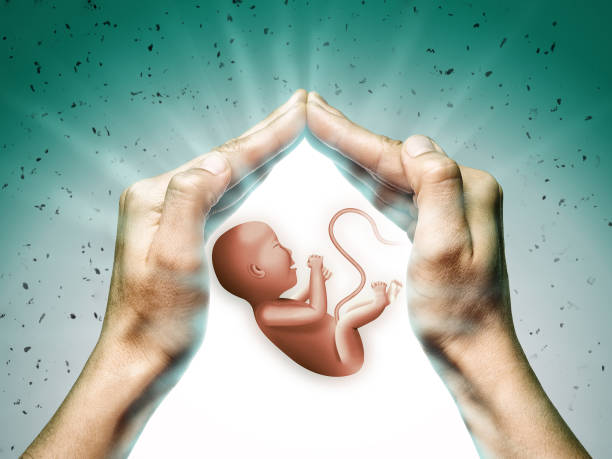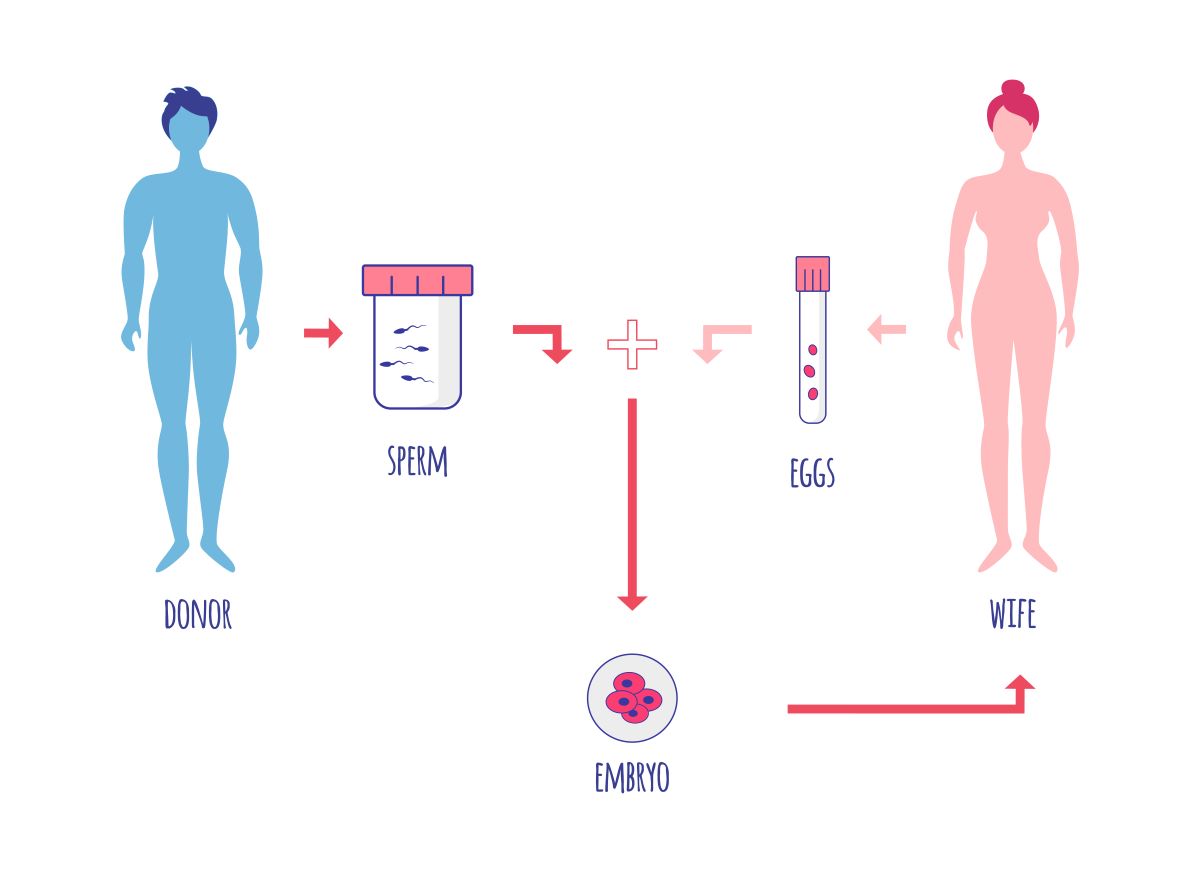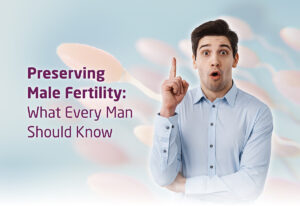Donor/IVF
Donor/IVF
Donor IVF is a fertility treatment option that helps couples and individuals conceive a child with the assistance of a donor. This method involves the use of donated eggs, sperm, or both, in combination with in vitro fertilization (IVF) to help individuals and couples who face infertility challenges build their families. At TheFertilife, we provide compassionate care and support throughout the donor IVF process, ensuring that you have the guidance you need to make informed decisions about your fertility journey.


What is Donor IVF?
Donor IVF involves using donated sperm, eggs, or embryos in an IVF procedure to help individuals or couples who cannot use their own genetic material due to various medical or personal reasons. The IVF process typically includes stimulating the ovaries, retrieving the eggs (or using donor eggs), fertilizing them with sperm (either from a partner or a sperm donor), and transferring the resulting embryos into the uterus for potential implantation.
Donor IVF may involve:
Egg Donor IVF: If a woman is unable to produce healthy eggs due to age, ovarian failure, or genetic conditions, donor eggs can be used in the IVF process. The eggs are fertilized with sperm and transferred into the woman’s uterus.
Sperm Donor IVF: In cases where a male partner has infertility issues, such as a low sperm count or genetic conditions, sperm from a donor can be used for fertilization during IVF.
Embryo Donation: In some cases, individuals or couples who have undergone IVF and have excess embryos may choose to donate these embryos to others. These embryos are then implanted into the recipient’s uterus.
When is Donor IVF Recommended?
Donor IVF may be recommended in several situations where the use of a woman’s or a man’s own eggs or sperm is not viable. Some common scenarios include:
Female Infertility: Women who are unable to produce healthy eggs due to age, premature ovarian failure, or genetic conditions may opt for donor eggs. This is often recommended for women over the age of 40, or those who have undergone chemotherapy or radiation therapy that affects ovarian function.
Male Infertility: For men with severe sperm abnormalities, such as azoospermia (absence of sperm in the ejaculate) or low sperm count, sperm donation can be used in IVF to achieve fertilization.
Same-Sex Couples and Single Women: Same-sex couples, single women, or individuals who wish to become parents without a male partner can choose sperm donation or both egg and sperm donation as part of their IVF treatment.
Genetic Disorders: If one or both partners have a genetic condition that they do not want to pass on to their children, using a donor’s eggs or sperm can prevent the inheritance of these conditions.
Previous IVF Failures: If IVF cycles using a woman’s own eggs or a man’s sperm have repeatedly failed, donor IVF may be considered to increase the chances of success.
How Does the Donor IVF Process Work?
The donor IVF process is similar to traditional IVF, but it includes the use of donor eggs, sperm, or embryos. The steps typically include:
Consultation and Screening: Before beginning donor IVF, you will have a consultation with a fertility specialist who will assess your medical history, fertility goals, and the best type of donor treatment for your situation. If you choose a donor (egg, sperm, or embryo), thorough screening will be done to ensure the donor is healthy and suitable.
Ovarian Stimulation (For Egg Donor IVF): If using a donor egg, the recipient’s ovaries may be stimulated with hormones to synchronize the menstrual cycle with the egg donor. If using a sperm donor, the female partner will undergo the usual IVF preparation, such as ovarian stimulation.
Egg Retrieval and Fertilization: If donor eggs are used, the donor undergoes ovarian stimulation to produce multiple eggs, which are retrieved and fertilized in the laboratory with the male partner’s sperm or a sperm donor’s sperm. If donor sperm is used, the female partner’s eggs are retrieved, and sperm is used to fertilize them.
Embryo Development: After fertilization, the embryos are cultured for 3-5 days to allow them to develop. The embryologist will monitor the embryos’ progress to select the best ones for transfer.
Embryo Transfer: One or two healthy embryos are selected and transferred into the recipient’s uterus. This is a non-surgical procedure that is done under ultrasound guidance.
Pregnancy Test: About 10-14 days after the embryo transfer, a pregnancy test is done to determine if implantation has occurred. If successful, further monitoring will be done throughout the pregnancy.
Donor IVF Success Rates
The success rates of donor IVF depend on several factors, including the age of the egg donor (for egg donation), the quality of the sperm, the recipient’s health, and the overall fertility treatment plan.
Egg Donor IVF: Success rates for egg donor IVF are generally high because eggs are often donated by young, healthy women. This significantly increases the chances of successful fertilization and implantation. Success rates are typically higher in egg donor IVF than in traditional IVF using the recipient’s own eggs, especially for women over the age of 35.
Sperm Donor IVF: Success rates for sperm donor IVF can also be high, depending on the sperm quality and the age of the recipient. Sperm banks typically provide well-screened sperm, which can improve fertilization rates.
Advantages of Donor IVF
Improved Success Rates: Using donor eggs or sperm can improve the chances of conception, particularly for individuals with age-related fertility decline or severe infertility issues.
Genetic Screening: Donors undergo thorough screening for genetic conditions and infectious diseases, which can provide reassurance to recipients.
Increased Reproductive Options: Donor IVF offers more reproductive options for individuals and couples, particularly for those with same-sex couples, single women, or women who are unable to produce viable eggs.
Access to Younger, Healthy Gametes: Egg donation often involves using eggs from younger women, which increases the likelihood of successful fertilization and pregnancy.
Family Building Flexibility: Donor IVF allows individuals or couples to build families when traditional methods of conception are not possible.
Considerations and Risks
Emotional Impact: Donor IVF may bring emotional challenges, including dealing with the fact that the child will not have a genetic connection to one or both parents. Psychological counseling is available to support recipients throughout the process.
Legal Considerations: Donor IVF may involve legal agreements to ensure the rights of the donor and recipient are clearly defined. In some cases, anonymous or known donors may be chosen, which can affect parental rights.
Donor Screening and Anonymity: Choosing a sperm or egg donor involves careful screening for genetic diseases, infectious diseases, and overall health. There may also be options for anonymous or known donors.
Is Donor IVF Right for You?
If you are facing infertility challenges, are in a same-sex relationship, or are a single woman looking to become a parent, Donor IVF can provide a path to parenthood. It also offers a solution for individuals who are not able to use their own eggs or sperm due to medical or genetic reasons.
At TheFertilife, our fertility specialists are here to guide you through the entire donor IVF process, from donor selection to embryo transfer. We are committed to providing personalized care and support to help you build the family you desire.

Best Infertility Doctor in Gurgaon, Dr. Anshika Lekhi, a renowned IVF specialist, offers exceptional infertility treatments.
Pages
Contact Us
- 7505 Basement Bougainville Street, near Supermart 2, Sector 43, Gurugram, Haryana 122009
- 98735 24270
- info@thefertilife.com
Updates
Check New updates below.


Copyright ©2025 | All Rights Reserved.
